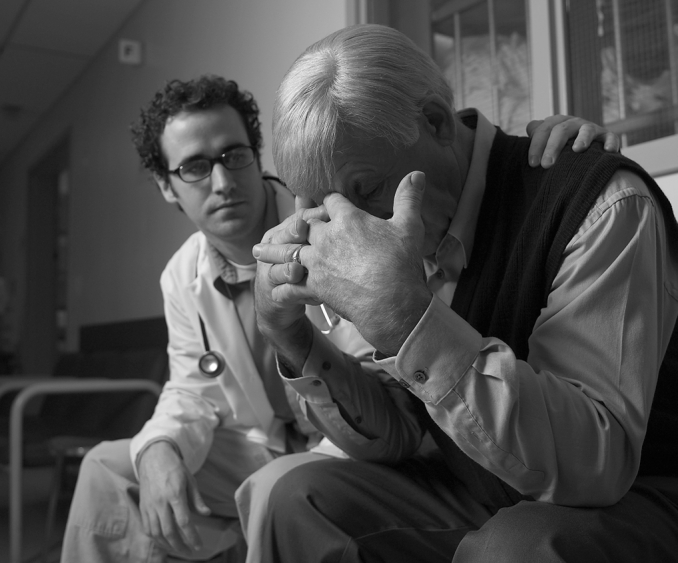Apology measures proliferate
Canadian physicians seeking to improve the way they communicate with patients who've been harmed are getting plenty of assistance this year as provincial governments and national organizations unveil measures to promote accountability and transparency.
Ontario and Alberta will likely become the fourth and fifth provinces, respectively, to pass “apology acts” after introducing legislation in October.
And earlier this year, guidelines for disclosing harm to patients were released, separately, by the Canadian Patient Safety Institute and the Canadian Medical Protective Association.
The guidelines and the provincial laws complement each other, since the intent of the latter is to “remove concerns about potential legal liability and other sanctions” when health professionals tell patients about harm, says Brent Windwick, chair of the Institute's legal and regulatory affairs advisory committee. He warns that apology legislation doesn't remove the need for effective and thorough training for health professionals about how to tell patients about adverse events, but it will “remove a significant source of hesitation” about speaking to patients who've suffered harm.
British Columbia was the first province to pass an apology act, in 2006, with Manitoba and Saskatchewan following suit in 2007.
It's too early — and may never be possible — to credit Canadian legislation with having a clear impact on the number of medical–legal cases, says Dr. William Tucker, president of the protective association.
But expressions of sympathy can improve relations, he adds. “Families feel better if there is an acknowledgement that there has been an adverse event” and, after expressing regret and sympathy, it may be easier for a physician to carry on the therapeutic relationship.
Canadian apology legislation is broader than legislation in some Australian and US states where laws deal only with “expressions of regret” and stop short of addressing the issue of apology, says Windwick.
In August, the Canadian Medical Association and its provincial and territorial counterparts voted to jointly lobby governments for appropriate apology legislation in all Canadian jurisdictions. — Ann Silversides, CMAJ
WHO report
Countries must focus on primary care to address the growing gap between the world's rich and poor in health care access, costs and outcomes, the World Health Organization (WHO) says in its annual report on world health.
“The world health report sets out a better way to manage and deliver health care,” said WHO Director-General Dr. Margaret Chan at the report's Oct. 14 launch in Almaty, Kazakhstan. “Primary care is a people-centred approach to health that makes prevention as important as cure.”
The report, Primary Health Care: Now More Than Ever, asserts that many nations view health care primarily as the delivery of biomedical interventions and largely ignore the value of effective prevention. The WHO claims this is why health care inequalities between and within nations are greater today than they were 30 years ago.
According to the report, people in the richest countries can expect to live 40 years longer than people in the poorest countries, where governments spend up to 300 times less per person on health care. The WHO claims the gap in access to care is greatest in areas that regard health care as a commodity for generating profit. Another problem, the report claims, is that health care organizations in many countries tend to focus too much on individual diseases. — Roger Collier, CMAJ

Figure. Apology legislation aims to promote “open and frank” discussion. Image by: Photos.com

Figure. The 2008 world health report says health inequities among nations are growing. Image by: Reuters / Beawiharta Beawiharta


